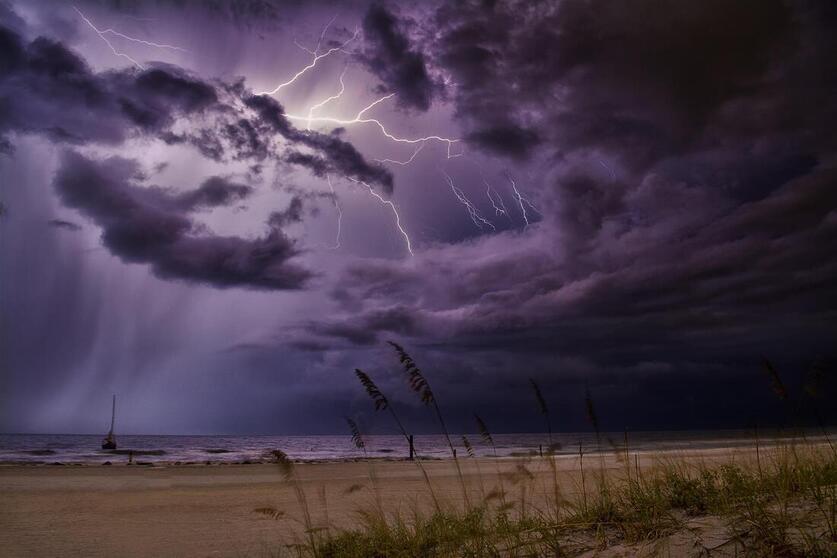 Sacred [sey-krid] adjective; regarded with reverence; secured against violation and infringement. Since I was about seven years old, I have considered what qualities are required to make a thing, thought, or practice “sacred”. When I was little, much to the frustration of the adults around me, I asked why sometimes there were words, things, and rituals that were so important as to be protected at the highest levels, and never disputed. The WHY has always been important to me. The question is one that I return to time and again. My grandparents taught me that for something to be sacred, it should be ordained by religion. Their view was that all those things that we could not entirely explain but were taught to accept with blind faith should be seen as sacred. For such a complex concept, that explanation seemed too restrictive. It left out a lot of things that, when I asked them, they couldn’t explain. Even then, I knew that if you couldn’t explain it, you couldn’t validate why it was sacred. My teachers brought the concept out of the church and into the classroom. They instructed that only the things that could be empirically proved had the potential to become sacred. They bolstered this view through the understanding of the universal impact on our society. They insisted that the laws that govern our world like gravity, time, and momentum, should be revered as sacred because they did not change, and without them, science, philosophy, and art would be lost to us. While all of that may be true, it still seemed to me that the scholars were missing the point. Sacred is a tremendously important word. There had to be more to it than that. What I finally arrived at was this: The notion of any one thing, thought, or practice being held as sacred is an extremely subjective, personal, individual determination. Each one of us must find those things that are sacred to us and infuse them into our lives in a way that best respects the meaning of the word. I decided that for a thing to be sacred, it needed to hold a space in my understanding that did not diminish its relevance or importance over time. It could evolve at its edges, while remaining true at its core. I came up with a list of ten concepts that seemed to fit these criteria… at least for me. I enjoyed a tremendously insightful conversation with a friend recently on this topic, and it drove me to dig deep in the boxes of my basement, scour my old notebooks, and find the list I generated all those years ago. In examining the list, I’ve discovered that even though my vocabulary has improved since I was seven, my base understanding of these ten things, and why I have always seen them as sacred, has not changed. I’m sharing this list here, not only for my friend, so that they might gain greater insight into who I am, but also for you, that you may use my list as a springboard to look inside yourself and figure out what’s sacred to you, and why. Just for the record, no, “Troth” wasn’t a word I knew at seven years old. I learned that one the first time my English teacher read Shakespeare aloud to the class, in sixth grade. But I thought is sounded like a word that described the concept of “Private Me”, so I’ve been using it ever since. As all these words are sacred to me, they are presented here with the intention that none are more sacred than the others… but alas, a list is a list.
0 Comments
Leave a Reply. |
WelcomeYou'll find some interesting stuff here... some Op Eds, some Information, Book Reviews, and More. Poke around the categories and see what ruffles your feathers... in a good way! Archives
July 2024
Categories
All
|
 RSS Feed
RSS Feed